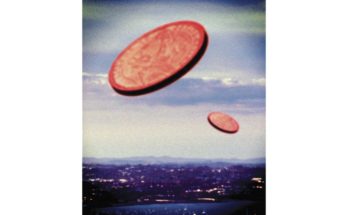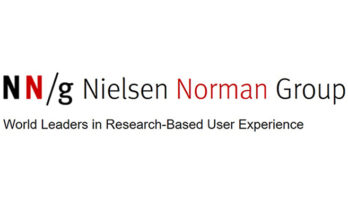“How Bookshop.org Survives—and Thrives—in Amazon’s World”
WIRED, April 11, 2023
Backchannel
By Kate Knibbs
“Andy Hunter’s ecommerce platform was a pandemic hit. Now he’s on a mission to prove that small businesses can scale up without selling out.”
“DO YOU REMEMBER what kind of beer it was?”
Andy Hunter pauses for so long before answering my question, it’s awkward. He’s racking his brain. I’ve asked him to tell me about the night he came up with the idea that led to his improbably successful bookselling startup, Bookshop.org. As a former magazine editor, he wants to get the details right.
He remembers the easy stuff: It was 2018. He was on the road for work. At the time, Hunter ran the midsize literary publishing house Catapult, a job that required schmoozing at industry events. The night of his big brainstorm, he was away from his two young daughters and his usual evening obligations—dishes, bedtime rituals—and had a rare moment to think, and drink a beer.
But what kind of beer? “It was, uh, a Dogfish Head IPA,” Hunter finally answers. OK, so, picture this: There he is, alone in a tidy Airbnb, a light-blue bungalow on a quiet road in Berkeley, California. His brown hair is a little mussed, and he’s nursing a pale ale. He’s grooving to music. (“You can say I was listening to Silver Jews,” Hunter says.)
He couldn’t stop thinking about something a board member of the American Booksellers Association, the industry’s largest trade group, had said to him during a recent work dinner. What if ecommerce was a boon for independent bookstores, instead of being their existential threat? The Booksellers Association ran IndieBound, a program that gives bloggers and journalists a way to link to indies instead of Amazon when they cite or review a book. But it hadn’t gained much traction.
That night, in Berkeley, the unusual combination of evening solitude and a touch of alcohol knocked something loose in Hunter’s brain. Or maybe it knocked something together. Either way, by the morning, he wasn’t hungover and he had a proposal for how to grow IndieBound, including simplifying the logistics of buying online and integrating it with social media. Plus: “I wanted it to be better-looking,” he says.
When he got back home to New York, Hunter sent his proposal to Oren Teicher, then the CEO of the Booksellers Association. Teicher liked the idea, but said no. The trade organization wasn’t actually interested in expanding IndieBound. But if Hunter was willing to take on the project himself, to create this new-and-improved version on his own? Well—the group could invest some money.
…
AMAZON CONTROLS MORE than half the US book market, according to Peter Hildick-Smith, president of book audience research firm Codex-Group. Jeff Bezos’ company sells approximately $4 billion to $5 billion in new books each year. By comparison, Hunter says that Bookshop sells around 1 percent of Amazon’s share. Between Bookshop and Amazon, it’s not apples and oranges so much as a single heirloom apple tree versus the world’s largest commercial citrus grove.
But Hunter wants to grow. Approximately 2,200 stores in the US and UK participate in Bookshop’s profit-sharing. Someday, Hunter wants to take the Bookshop model beyond books to help small businesses like hardware stores or toy stores with their own affiliate platforms—to be another Everything Store of sorts, but one built around preserving small businesses instead of competing with them.
…
About the Author:
Kate Knibbs is a senior writer at WIRED, covering culture. She was previously a writer at The Ringer and Gizmodo.





